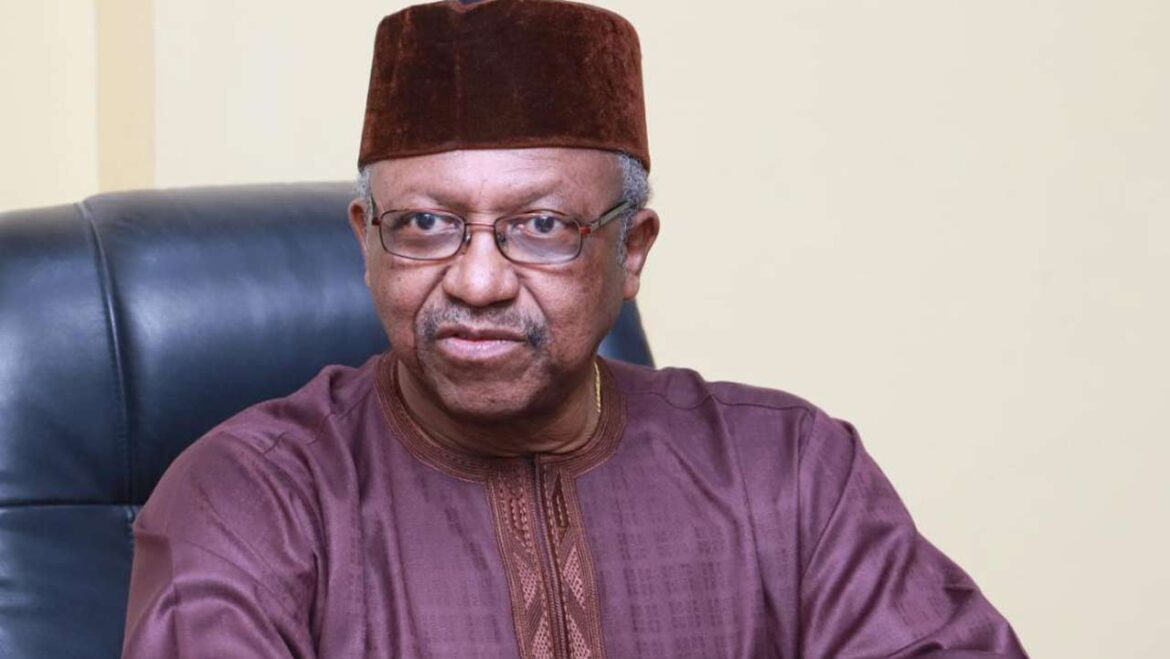By Iyemah David
The Minister of Health, Dr Osagie Ehanire, says 746 Nigerians die annually from oral cancer complications in the country.
He said 1,146 cases were diagnosed in the country annually.
Dr Ehanire, who was represented by Dr Gloria Uzo-Igwe, Head of the Dentistry Division, Federal Ministry of Health (FMOH), said this at a one-day oral cancer training on Monday in Abuja.
The training has the theme: “The use of artificial intelligence in the early detection of oral cancer and oral potentially malignant disorders,” and organized by the Cleft and Facial Deformity Foundation.
Oral cancer, also called oral cavity cancer and develops in any part of the mouth.
According to the World Health Organization (WHO), its risk factors include tobacco use, heavy alcohol use and human papillomavirus (HPV) infection.
Its symptoms include a sore that doesn’t heal, a lump or a white or red patch on the inside of the mouth.
The minister expressed worries that most people were not aware of the devastating effect of oral cancer in the country.
According to him, oral cancer is very critical because it can easily deface one’s face, you will not be able to talk, you can’t eat, and the mortality rate is very high.
It is even higher than the rest of the cancers.
He said that FMOH is intensifying its awareness campaign to enlighten Nigerians about the dangers of the cancer.
Ehanire disclosed that plans had been concluded to launch a policy on oral health in the country.
“We have a policy that we are going to launch in November on oral health. Our own is preventive, we go to communities and we raise awareness.
“We are training our community health workers because if you go to communities, there are no oral health workers there.
“Everybody wants to go to the town, there are no dentists in the communities. We don’t have dental experts in our rural communities where oral cancers are more prominent.
“We go to communities to train health workers so that they can recognise early signs of oral cancer and refer the patients to the hospitals where dentists can get treatment.
“We don’t want it to get to the fourth stage or even third stage. As long as they will be able to recognise it and send the patient to the hospital for prompt action,” he explained.
The minister explained that the target of the policy should be able to map at least 50 per cent of the population in the rural areas and make sure that there were better professionals at the primary health care centres.
According to him, “We are aiming at what we call a comprehensive centre, at least there must be a dental clinic comprising a dentist, therapist, and hygienist in a comprehensive centre, at least, in the three geopolitical zones of every state.


